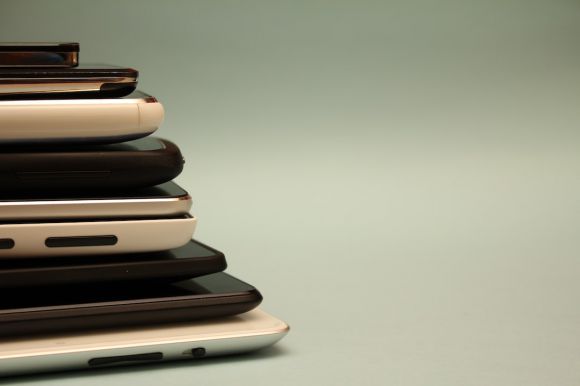In the ever-evolving world of technology, new innovations are constantly being introduced to the market. One such innovation is the foldable phone, a device that promises to revolutionize the way we use our smartphones. But are foldable phones really worth the investment? Let’s take a closer look.
The Advantages of Foldable Phones
1. Enhanced Portability
One of the main advantages of foldable phones is their enhanced portability. These devices are designed to fold in half, allowing them to fit more comfortably in your pocket or bag. This makes them ideal for people who are always on the go and need a device that can easily be carried around.
2. Larger Screen Size
Foldable phones offer a larger screen size compared to traditional smartphones. When unfolded, these devices provide users with a tablet-like experience, allowing for more immersive viewing and multitasking. This is particularly appealing for those who enjoy watching movies, playing games, or working on their smartphones.
3. Improved Productivity
Foldable phones can also enhance productivity. With their larger screen size, users can easily view and work on multiple apps simultaneously. This means you can have your email, calendar, and notes open at the same time, making it easier to stay organized and efficient. This can be particularly beneficial for professionals who need to stay connected and productive on the go.
The Disadvantages of Foldable Phones
1. High Price Tag
One of the main drawbacks of foldable phones is their high price tag. These devices are still relatively new to the market, and as with any new technology, they come with a premium price. The cost of foldable phones can be significantly higher than traditional smartphones, making them inaccessible to some consumers.
2. Durability Concerns
Foldable phones also come with durability concerns. The folding mechanism introduces a new level of complexity to the design, which can increase the risk of mechanical failure or damage to the device. While manufacturers have taken steps to address these concerns, it is still uncertain how well foldable phones will hold up over time.
3. Limited App Support
Another drawback of foldable phones is the limited app support. Many apps are not yet optimized for the foldable form factor, which means they may not work as seamlessly or efficiently on these devices. This can be frustrating for users who rely heavily on certain apps for their daily tasks.
Should You Invest in a Foldable Phone?
The decision to invest in a foldable phone ultimately depends on your individual needs and preferences. If you value enhanced portability, larger screen size, and improved productivity, a foldable phone may be worth the investment. However, if you are on a tight budget, concerned about durability, or heavily reliant on specific apps, it may be best to stick with a traditional smartphone for now.
Before making a purchase, it’s important to consider the long-term viability of foldable phones. As the technology continues to evolve, we can expect improvements in durability, app support, and affordability. Waiting for these advancements may be a more prudent choice for some consumers.
In conclusion, foldable phones offer a range of advantages, including enhanced portability, larger screen size, and improved productivity. However, they also come with a high price tag, durability concerns, and limited app support. Whether or not a foldable phone is worth the investment depends on your individual needs and preferences. As with any new technology, it’s important to carefully consider the pros and cons before making a decision.



